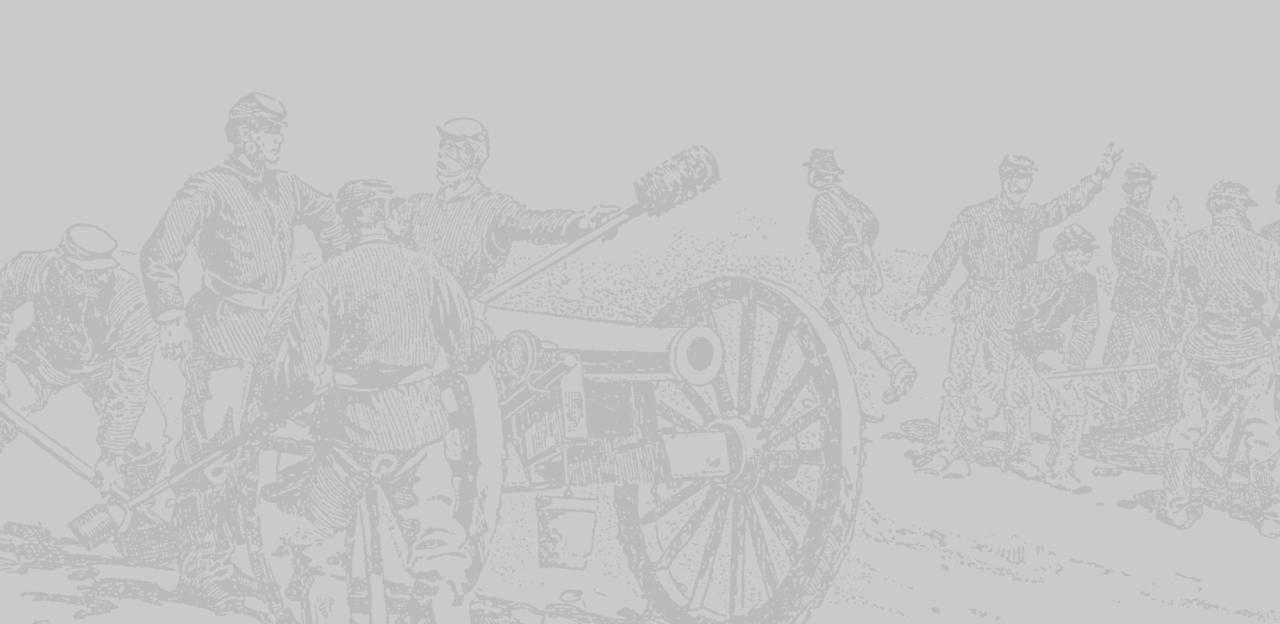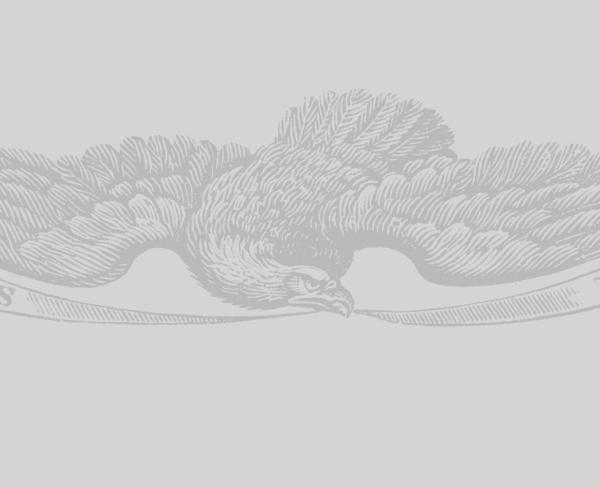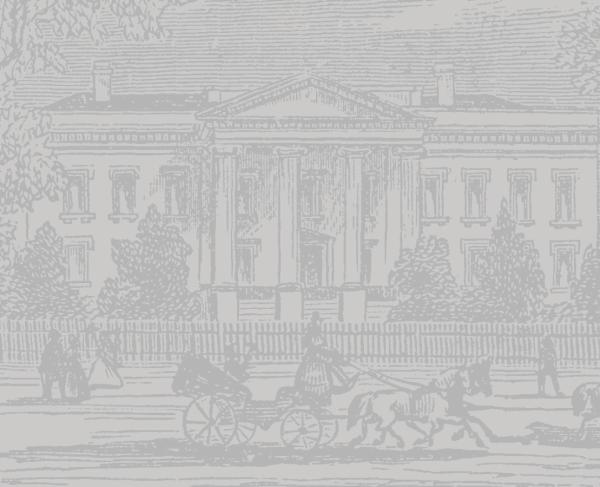Opening Dedication Speech for the Virginia Memorial at Gettysburg

The ceremonies for the dedication of the Virginia Memorial at Gettysburg included an opening prayer, two welcoming addresses, and an extended oration. This welcoming address was given by then Virginia Governor Henry Carter Stuart. Please click here for the program of events.
For the third time the Blue and the Gray are assembled upon this field of fame; once as mortal foes, half a century later as friends, and now, while the war drum beats around the world, we gather here to dedicate a memorial to the constancy and valour of the brave Virginians who fought and died on this historic ground.
Torn asunder by divergent views of the Constitution of the United States, fifty-six years ago this land was plunged into fratricidal strife. We are not here to consider the reasons for that conflict; they have been well defined in these words: "Whether in the United States the citizen owed allegiance to the Federal Government as against his State Government was a question upon which men had divided since the birth of the Republic. The men of the North responded to the call of the sovereign to whose allegiance they acknowledged fealty—the men of the South did the same. It was a battle between rival conceptions of sovereignty rather than one between a sovereign and its acknowledged citizens.
The issues involved were submitted to the sword, and by this bloody arbitrament the questions at issue were forever settled. Destiny decreed that one unbroken republic under one flag should reach from Canada to the Rio Grande, and from the Atlantic to the Pacific. For many reasons we would not blot out of American history one page of, the epic which recounts the rise and fall of the Confederacy, for though dim with tears and tragic in its grief, it is none the less fruitful in its lessons. Out of the memories of this heroic struggle, out of the fiery ordeal which tested to the uttermost the mettle of the men North and South—aye, even out of the blood that was shed on this and many other fields, has come our life and strength as a nation; our unity in heart and purpose, our supreme devotion to the flag of a reunited country, which today floats above us.
We treasure the valour which history records on both sides—the splendid magnanimity of Ulysses S. Grant, who, without objection, acceded to the honorable terms of surrender at Appomattox, which provided that, ''The officers are to retain their side arms, private horses and baggage," and "Each officer and man is to be allowed to return to his home" and "Not to be disturbed by United States authority as long as they observe their parole and the laws in force where they reside. ''
We treasure the words spoken here by Abraham Lincoln when the smoke yet lingered on the battle field—words of sublime eloquence, mingled with infinite kindliness, when he said:
"We must not be enemies. Though passion may have strained, it must not break our bonds of affection. The mystic chords of memory stretching from every battlefield and patriot grave to every living heart and hearthstone all over this broad land will yet swell the chorus of the union when again touched, as surely they will be, by the better angels of our nature.''
We treasure the heroic deeds and inspiring example of all the brave soldiers living and dead who gave to us and to the world a new standard of American manhood. Out of all this we have learned the double lesson of the generosity of a chivalrous foe in the hour of victory and the fulfillment of the noble utterance of our own great leader, that "Human fortitude should be equal to human adversity."
With the fine perception and real genius of the true artist, the sculptor chosen by the Commonwealth to express visibly and permanently the thought of the people, has placed about the base of this memorial the express presentments of the type of men who followed Lee. Here we see represented all arms of the service, and all the differing classes essentially typical of Southern life and manhood which combined to make the "Army of Northern Virginia" for so long a time invincible.
The life, the ideals and the principles of these men as they stand cannot be exalted by human tongue or human hand, and yet we surmount this noble group by the inspiring figure of the one man, who, by the majesty of his character, the perfection of his manhood, and the glory of his genius, represents and embodies all that Virginia and her sister Southern States can or need vouchsafe to the country and to the world as the supreme example of their convictions and principles.
He was the scion paramount of a long line of soldiers and statesmen, the consummate flower of a unique civilization which had gradually developed amid the stern experiences and vexed problems of a new land—the heir direct of the principles of English liberty consecrated by centuries of heroic struggle and ennobled by unswerving devotion to the lofty ideals that had their germ at Runnymede.
The Commonwealth of Virginia gave Lee his birth, his training, and the traditions and impulses that controlled his course; Lee gave to the Commonwealth and to the South his noble ambitions, his fortunes and all his strength; the Commonwealth gave to humanity the noble story of a life lived to its ending on the very highest plane, and in the rarest and most exalted atmosphere of thought and motive to which humanity may attain. He marches across the distant and sombre scene panoplied in light, a soul serene in victory, sublime in defeat. In every relation of life his character is revealed in flawless beauty. The tongue of calumny is palsied in the futile effort to detract from his greatness or impugn his motives. Obedient to his conviction of the paramount right of his native State, he expressed that conviction in these noble words:
“If the Union is dissolved, and the Government is disrupted, I shall return to my native State, and share the miseries of my people, and, save in defense, will draw my sword on none."
It is fitting that we erect here this noble effigy of our great Captain surrounded by the memorials of men who fought and fell fifty-four years ago. The imperishable bronze shall outlive our own and other generations. We who stand here today shall pass into the beyond, leaving what legacies we may of duty done or ideals sustained; moon and stars shall shine upon this face of incomparable majesty; the dawn shall gild it with the splendor of sunrise; the evening shadows shall enfold it in their gentle embrace; and until the eternal morning of the final re-union of quick and dead, the life of Robert Edward Lee shall be a message to thrill and uplift the heart of all mankind. May a double portion of his spirit rest upon and abide with the brave men who today are rallying to the defense of our liberty against the aggression of a foreign foe. Many of them doubtless go forth never to return; others shall gladden our eyes when we welcome them home from glorious victory, but all, whether "the unreturning brave" or the gallant legions baptized with fire may look to this martial figure, riding serene and fearless as of old, as the noblest and knightliest type of American manhood.
And now, sir, as Chief Executive of the ancient Commonwealth of Virginia, the mother of Washington and Lee, I give into the keeping of the United States, of which you are the honored representative on this auspicious occasion, this noble monument, which shall stand not only as the undying expression of the high ideals in which we of the South would this day sanctify our memories, but as a fresh and abiding inspiration to all men North and South who in this trying hour of our National existence would stand shoulder to shoulder in defense of our common country.

